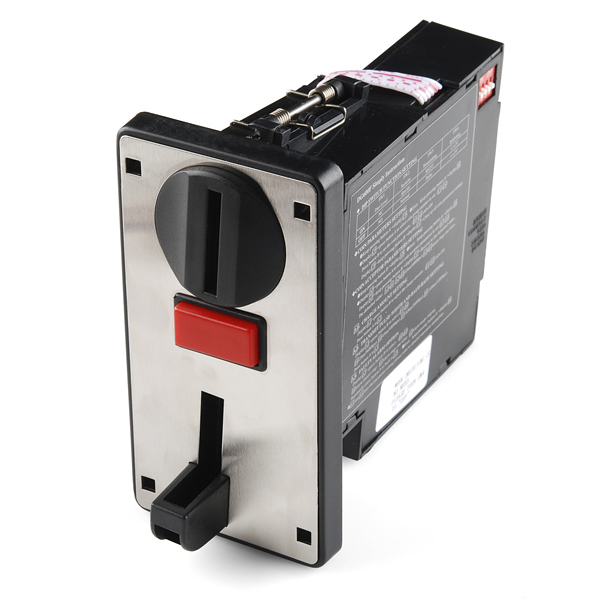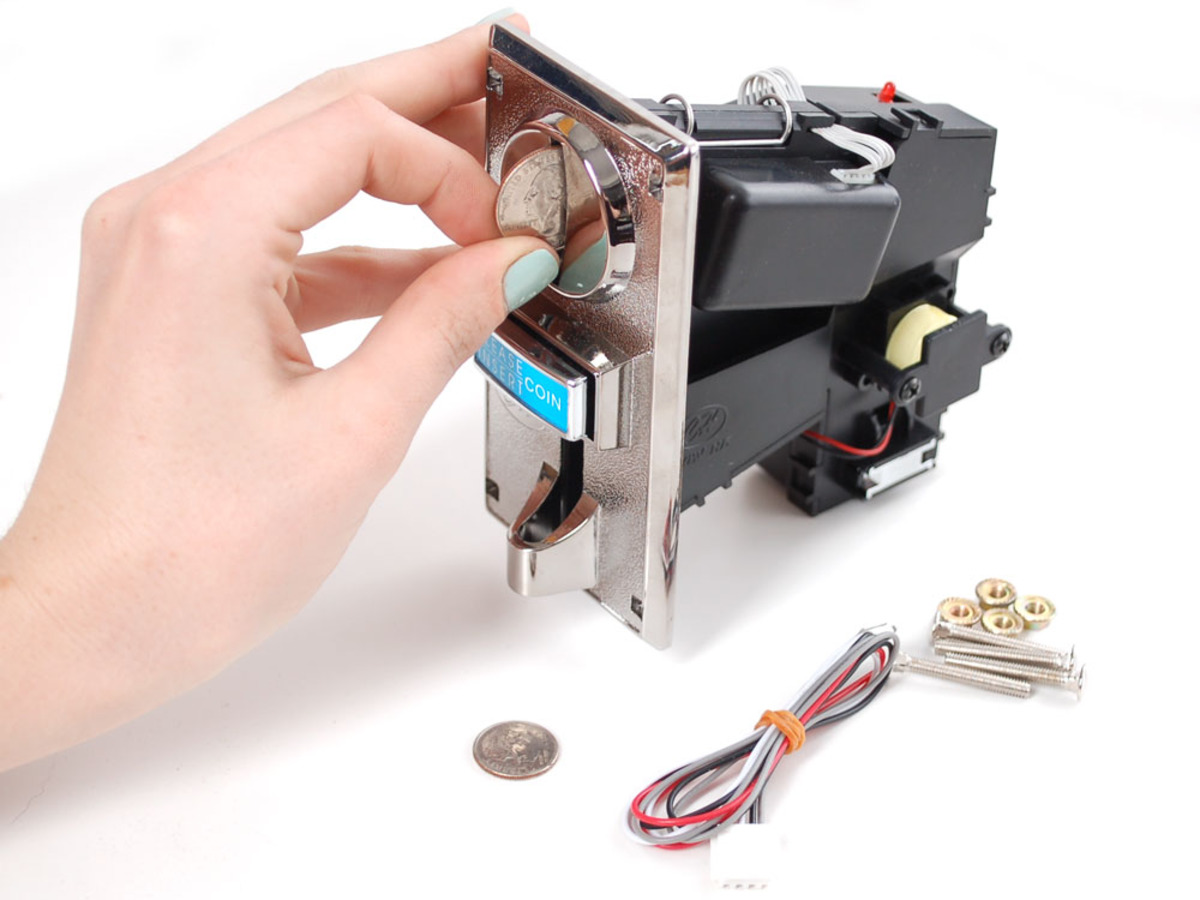
noun
- accepter.
- Finance. a person who accepts a draft or bill of exchange, especially the drawee who signs the draft or bill, confirming a willingness to pay it when due.
- Also called acceptor atom, acceptor impurity. Physics. an atom of impurity in a semiconducting crystal such that the atom can capture an electron, creating a hole in a filled electron shell and thereby changing the electric conductivity of the crystal.
- Chemistry. an atom, ion, group of atoms, or compound that combines with, or accepts, another entity, thereby profoundly affecting physical and chemical properties: electron acceptor; water acceptor.
noun
- commerce the person or organization on which a draft or bill of exchange is drawn after liability has been accepted, usually by signature
- Also called: acceptor impurity electronics an impurity, such as gallium, added to a semiconductor material to increase its p-type conductivity by increasing the number of holes in the semiconductorCompare donor (def. 5)
- electronics a circuit tuned to accept a particular frequency
- chem the atom or group that accepts electrons in a coordinate bond
n.
- The reactant in an induced reaction that has an increased rate of reaction in the presence of the inductor.
- The atom that contributes no electrons to a covalent bond.
- The reactant in an induced chemical reaction that has an increased rate of reaction in the presence of the inductor.
- An atom or molecule that receives one or more electrons from another atom or molecule, resulting in a chemical bond or flow of electric current. Compare donor. See also electron carrier.
 Liberal Dictionary English Dictionary
Liberal Dictionary English Dictionary


